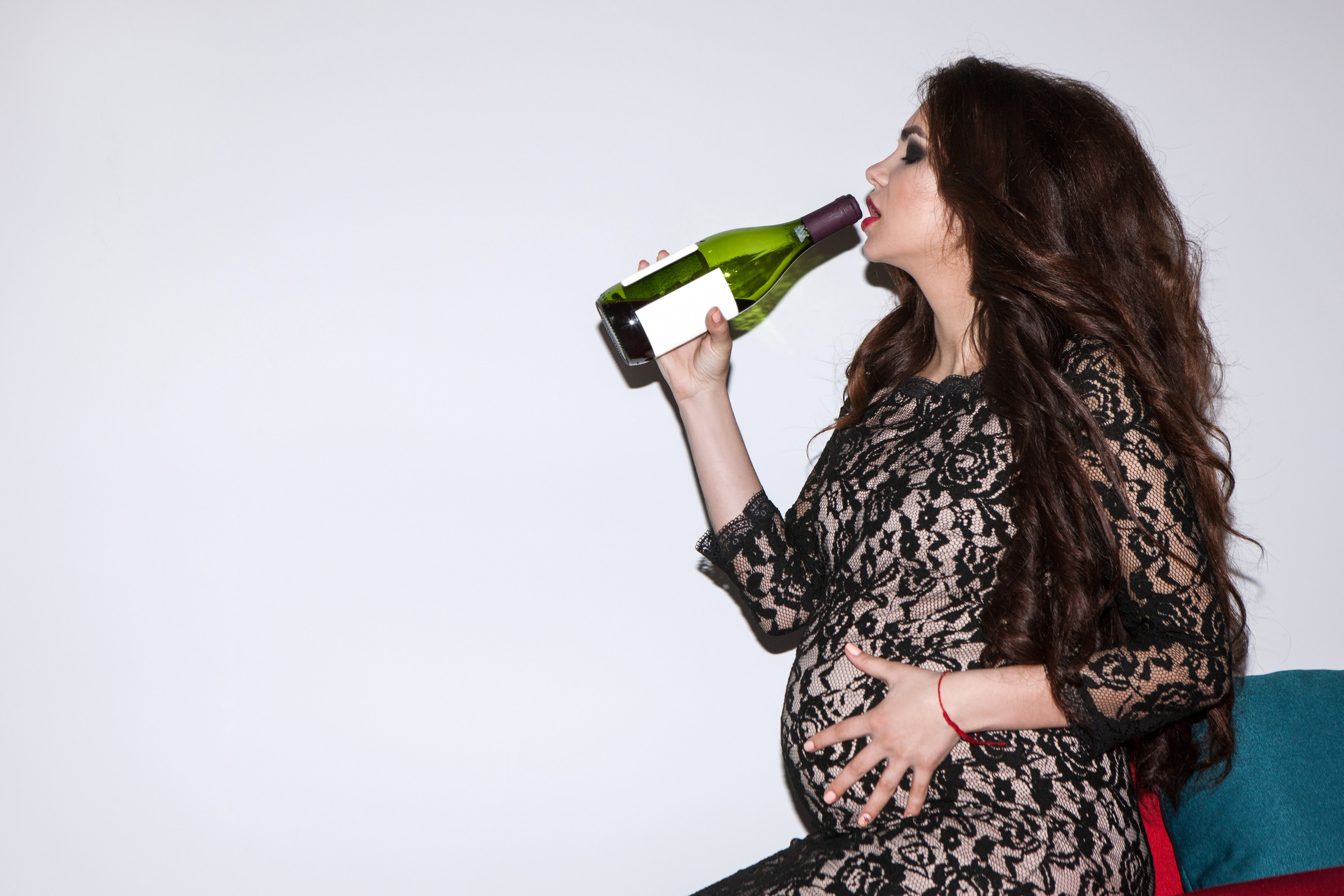At first glance, it looks innocent—even funny. A mom holding a wine glass with a slogan like “Wine because kids” or “Mommy juice” has become a pop culture staple. But behind the memes, mugs, and hashtags lies something more troubling. Mommy wine culture may seem like a harmless coping mechanism, but it often masks deeper issues like stress, burnout, and unspoken mental health struggles. It’s time we take a closer look at how this trend is impacting mothers—and why laughing it off might be doing more harm than good.
1. It Normalizes Unhealthy Coping Mechanisms
Motherhood is exhausting, and every mom deserves an outlet—but when alcohol becomes the go-to solution, that’s a red flag. Mommy wine culture encourages the idea that drinking is a normal (even necessary) part of surviving parenting. Instead of addressing stress through self-care, community, or mental health support, wine becomes the band-aid. It teaches moms that they’re supposed to numb, not heal. Over time, this normalization can lead to dependency and deeper emotional issues.
2. It Hides Real Mental Health Struggles

Image Source: 123rf.com
Many moms who participate in mommy wine culture are silently battling anxiety, postpartum depression, or overwhelming isolation. But because the culture is masked in humor, it discourages honest conversations about emotional health. When someone says, “I need wine to survive this day,” they might be joking—or they might not. And if the only response they get is laughter or agreement, the chance to offer real support gets missed. Mental health deserves more than a clink of glasses.
3. It Sends Mixed Messages to Kids
Children absorb more than we think. When they see adults joking about needing alcohol to deal with life—or them—they internalize those messages. It subtly teaches kids that wine equals relaxation, stress relief, or even love. The next generation grows up believing that alcohol is a primary emotional coping tool. Whether intended or not, mommy wine culture is shaping how children view alcohol use and emotional regulation.
4. It Reinforces the Idea That Moms Must Do It All—Alone
The wine jokes often come with another unspoken message: that mothers are supposed to juggle everything perfectly without complaining. Instead of asking for help, setting boundaries, or advocating for systemic change, moms are expected to silently sip their way through the chaos. Mommy wine culture creates the illusion of solidarity, but it rarely addresses the root causes of maternal burnout. Real support would look like shared responsibilities, not solo wine nights to cope.
5. It’s a Marketing Dream—But a Wellness Nightmare
Let’s not forget that mommy wine culture is also a massive marketing machine. Wine companies, retailers, and influencers cash in on the aesthetic of glamorized motherhood through alcohol-branded merchandise. Slogans like “Rosé all day” and “Surviving motherhood one glass at a time” are slapped onto everything from shirts to baby onesies. What seems like fun empowerment is often strategic manipulation. It sells products while encouraging habits that don’t actually support moms’ well-being.
6. It Discourages Alternative Conversations About Stress
As soon as a mom admits she’s overwhelmed, someone’s quick to offer wine—either in person or through a relatable meme. But what if, instead, we offered conversation, connection, or community resources? Mommy wine culture drowns out alternative responses to stress and burnout. It silences discussions about therapy, rest, or real help. We can’t address the root of maternal overwhelm if we keep laughing it away with alcohol references.
7. Alcohol Dependency Among Women Is Quietly Rising
Here’s a sobering fact: alcohol use among women, especially mothers, has been rising steadily in recent years. Many of these cases start with seemingly harmless social drinking. But the stress of parenting, coupled with isolation and lack of support, can push “just one glass” into a nightly ritual. Mommy wine culture often keeps this pattern under the radar by framing it as normal. The reality is that what starts as a joke can become a serious problem without ever raising eyebrows.
8. It Creates Shame Around Quitting or Cutting Back
What happens when a mom decides she doesn’t want to drink anymore? In the context of mommy wine culture, she may feel isolated, judged, or excluded from social circles. Suddenly, the wine that once bonded her to other moms becomes a dividing line. This creates unnecessary stigma for women who choose sobriety or moderation. Support should never come with a glass of wine as a prerequisite.
9. There Are Healthier Ways to Feel Seen and Supported
The need for emotional relief and community is valid. But there are other ways to meet those needs—ways that don’t involve alcohol. Support groups, online forums, mindful self-care, and therapy can all offer safe spaces for moms to vent, cry, laugh, and heal. The real solution isn’t found at the bottom of a wine glass—it’s found in honest conversations, deeper connections, and redefining what it means to “cope.” Moms don’t need wine—they need support systems that truly show up.
Let’s Start Toasting to Real Support, Not Wine Glasses
Motherhood is hard, and no one’s saying you can’t enjoy a glass of wine now and then. But when wine becomes the mascot for surviving parenthood, it’s time to ask why. Mommy wine culture might seem lighthearted, but its consequences can be heavy. We owe it to moms everywhere to look past the memes and into the real struggles that deserve more than a joke or a drink. Parenting is hard, but numbing your way through it doesn’t have to be the answer.
Have you seen signs of mommy wine culture in your own circles, or experienced it firsthand? Share your story or thoughts in the comments below.
Read More
Wine, Wine, Wine: These Are The Top 8 Wines You Can Buy at Most Grocery Stores
Why More People Are Skipping Alcohol—and What They’re Drinking Instead


